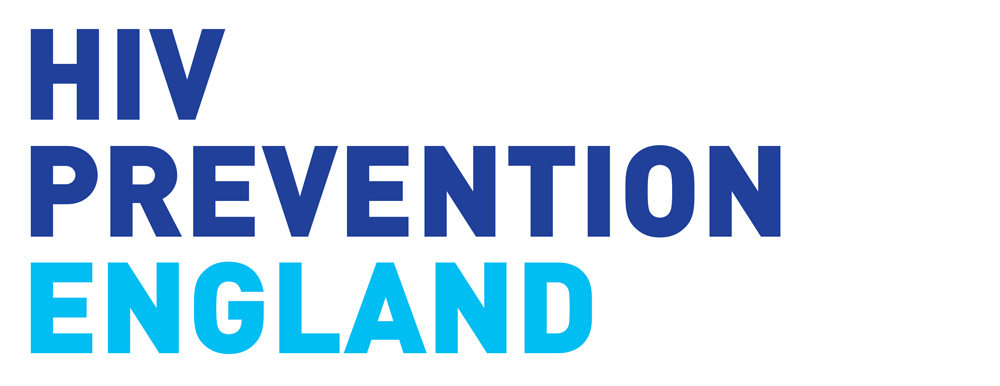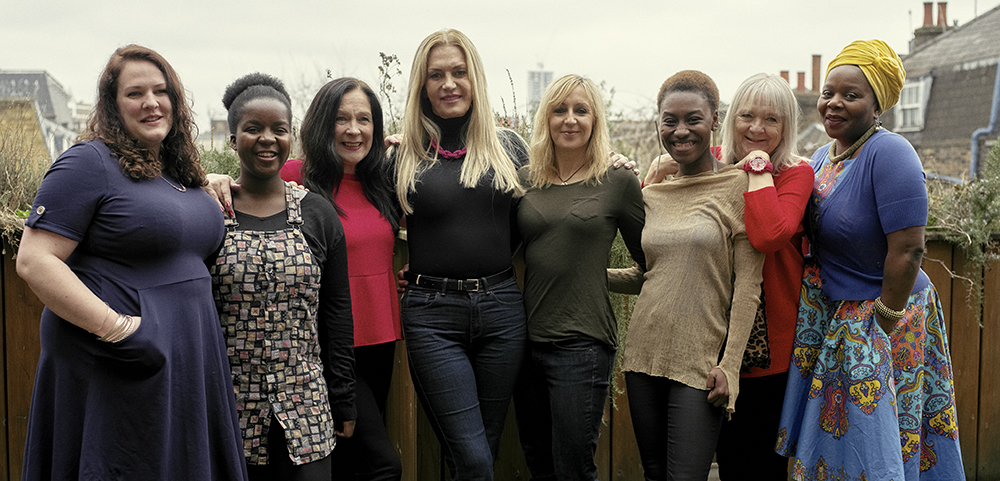
We have created a social media pack to help you promote the HIV Prevention England summer campaign on your social media. The campaign launched on Monday 18 June 2018.
Theme
The campaign will be raising awareness and promoting actions of the various ways to prevent HIV such as condoms, testing, PrEP and treatment.
The tagline for the campaign is ‘I’m stopping HIV.’ and an explanation of which prevention tool used will follow. The people featured in the campaign images and videos are a mixture of people living with and without HIV.
Hashtag
This year’s summer campaign hashtag is #ImStoppingHIV.
Hashtags are not case sensitive so using #imstoppinghiv would work as well – we’ve just used capitals to make it easier to read what the hashtag is about.
What’s in the pack?
Images: a selection of images for use on Facebook, Twitter, Instagram or any another social network.
Links: to information on the various ways of preventing HIV. There are links to interactive tools that:
- Recommend the best condom to use,
- assess when someone should get tested,
- help to choose a type of test based on preference and suitability,
- help to find local testing services.
Suggested posts: examples of posts for Facebook and Instagram as well as tweets for Twitter.
Videos:
I’m stopping HIV
I’m stopping HIV – Summer
Downloads
What we are asking people to do?
Our summer campaign calls to action are:
Be educated: learn what the four different ways to prevent HIV are and why they are important.
Make changes: we want people to know how to reduce the risk of getting HIV by:
- choosing the right fitting condom
- finding out if they need to get tested for HIV, where to do it and the different ways they can via the tools on our website,
- understanding what PrEP is, how it works and how to access it,
- encouraging people living with HIV to access and adhere to treatment for health benefits for themselves and for the added advantage of not having to worry about passing it on to anyone else.
Pass it forward: share the information from the campaign messages with friends, family and on social media.


